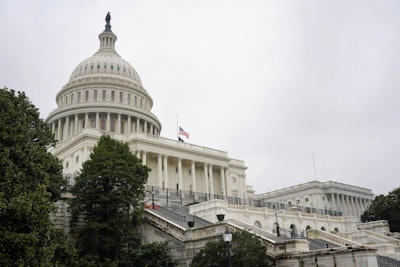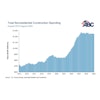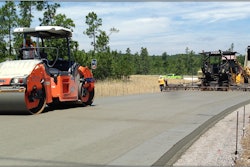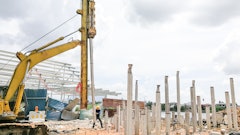
Although it didn't come as a surprise to many industry experts, as of Jan. 15, 2025, the Federal Highway Administration (FHWA) waiver program which had long-allowed certain American-based manufacturing requirements to be ignored, came to an end. It likely comes as one of the final policy acts by the Biden Administration on infrastructure, which passed many historic and unprecedented legislative initiatives to be felt for decades to come.
Ever since 1983, this waiver bypassed domestic requirements on a large selection of assembled items and equipment, for example: Integrated electronics, ITS hardware, signal boxes, pumps, and a long list of others. Previous requirements they be produced in the United States were able to be overlooked due to arguments that many of these components and materials would be overly expensive to properly source and verify under the law's language.
However, the Infrastructure Investment and Jobs Act (IIJA) tightened the "belt" not only for things like iron and steel permanently incorporated into federal aid based projects, but also for other categories of previously exempted products.
The IIJA forced a review of all such waivers, not just those used by the FHWA, and now the domestic mandate shall apply. While the ARTBA, its members, and several of its allies submitted comments to the government arguing against this decision, saying that it would risk further increases in costs and project delays, in the end the outgoing administration decided to place the priority of domestic manufacturing above that of their concerns. As a result, the FHWA now estimates that the change could result in an increase of $8.5 billion across the next decade.
What This Means @BRIAN_KINNEY - adobe.stock.com
@BRIAN_KINNEY - adobe.stock.com
From a ARTBA press release, under the revised rule, manufactured products:
- Will need to be assembled in the United States, and
- More than 55% of their components (by cost) must be made in the United States.
FHWA plans to phase in these requirements, with the first requirement applying to federal-aid projects obligated on or after Oct. 1, 2025, and the second beginning Oct. 1, 2026. The agency also noted that it will work with manufacturers and state transportation agencies to identify specific products that may require short-term waivers going forward.
During the first Trump Administration, there was strong support for domestic manufacturing, as well, and it is expected that the new Trump Administration will follow suit.




















